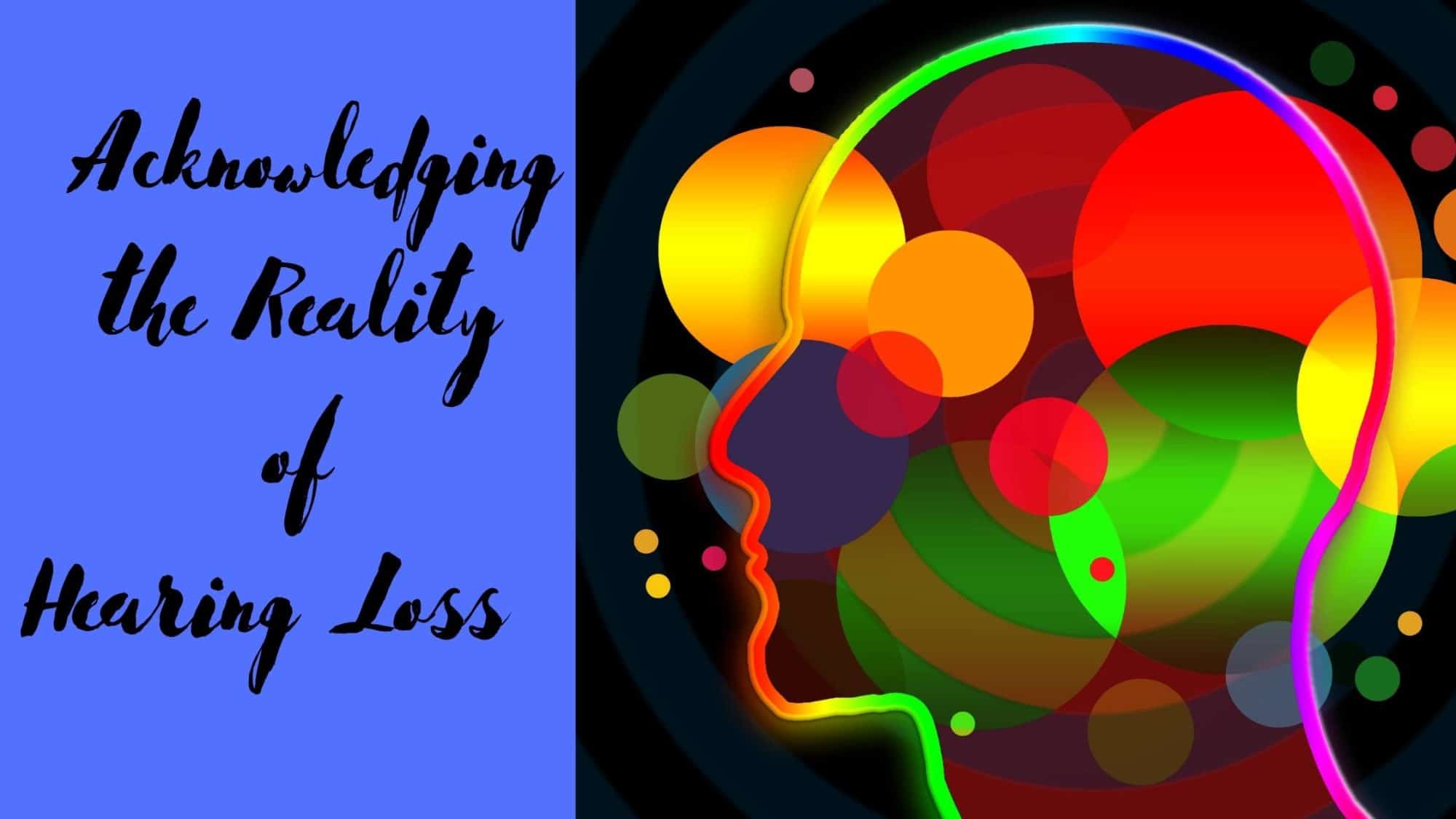- Strategies for Coping with Single-Sided Deafness - July 15, 2024
- How Summer Humidity Affects Hearing Aid Performance - July 3, 2024
- The Power of Body Language: Enhancing Communication for Those with Hearing Loss - June 28, 2024
Many people react to the first signs of diminished hearing by burying their heads in the sand. Rather than admit to a new reality, one with less than healthy hearing, it is tempting to go on as usual to avoid facing what some consider to be a hard truth. But, while the short-term avoidance of dealing with hearing loss might feel like relief, the long-term effects can be damaging.
Acknowledging the reality of hearing loss, while a difficult process, is actually the first step towards learning to live fully, despite hearing loss.
Why we avoid confronting hearing loss
On average, people with age-related hearing loss delay seeking treatment for their condition. The very first signs of hearing loss begin with a loss of high frequency sounds, and is often noticed when it becomes difficult to understand what people are saying. The volume control on the television may have hovered in the same mid-range for years, but now a much louder volume is required. Over time, these symptoms intensify and treatment is necessary.
With age-related hearing loss, the hesitancy to admit there is a problem might come from old fashioned beliefs about aging. In this day and age, of course, people live active and full lives many decades longer than their parents and grandparents!
The prevalence of hearing loss
What’s more, many folks over the age of 60 experience some type of hearing loss. One in three people between the ages of 65 and 74 have difficulty hearing, while one in two people over the age of 75 reports hearing loss.
And hearing difficulty isn’t just for the older crowd. People of all ages experience hearing loss. According to the National Institutes of Health, around 15%, or 37.5 million, American adults over the age of 18 report trouble hearing.
The consequences of avoiding treatment
If left untreated or unacknowledged, hearing loss can lead to a multitude of additional problems. Because conversation can become difficult, people who have difficulty hearing might begin to avoid interaction. Humans are social creatures and need relationships or points of contact for their emotional health. Isolation resulting from hearing loss and anxiety about socializing can cause emotional conditions, like depression, to arise.
Because communication is difficult, people with unacknowledged hearing loss might be more apt to forgo new experiences for fear of ‘messing up’ or not understanding directions. Instead of trying out the new fitness class that all your friends love, you decide to stay home alone instead of confronting difficulties with hearing.
Find the opportunity
Once you’ve decided to acknowledge hearing loss, though, it can feel like a whole new world opens up! There are so many resources available to people experiencing loss of hearing. Beyond google searches, people acknowledging their hearing loss can find online or in-person support groups to share their story and to learn from others.
Practice asking for help
Once you’ve acknowledged hearing loss for yourself, you can begin to ask those around you for the help that you need. In conversation, let the person or people you are speaking to know that you have some trouble hearing and encourage them to speak a bit louder and annunciate. Then, once your hearing loss is out in the open, you won’t be as wary of asking someone to repeat themselves.
There are tons of tricks out there for dealing with hearing loss in conversation or social settings, so you can do some research and begin to employ them in the real world. Reconnecting with friends and loved ones is the absolute best medicine for people experiencing any degree of hearing loss.
The confidence that comes from acknowledging hearing loss
Once you begin venturing back out into the world, armed with a toolkit of useful practices to use in social situations, you might notice an uptick in confidence. Confronting hearing loss can be very intimidating and downright scary. But, you did it! Build on this momentum and encourage yourself to continue to try new things.
Take the first step today
Scheduling a hearing test is much easier than you think. Connect with us today and find out if an assistive hearing device is right for you. Hearing aids can really amplify your current hearing experience and reconnect you with the sounds and people you love!

